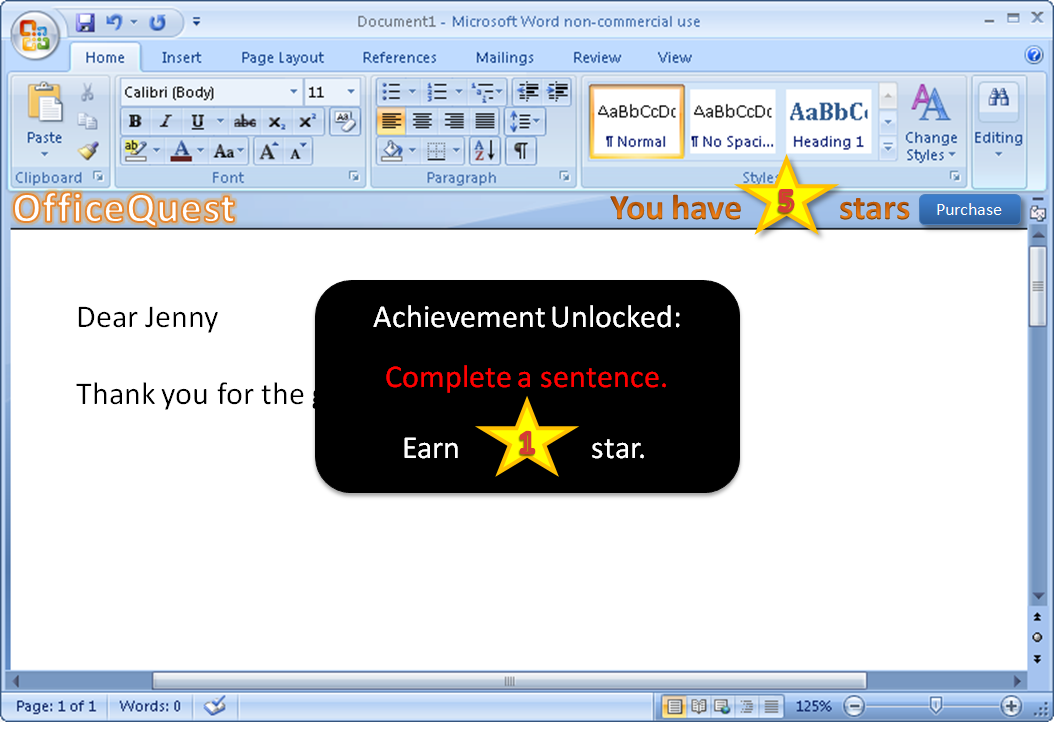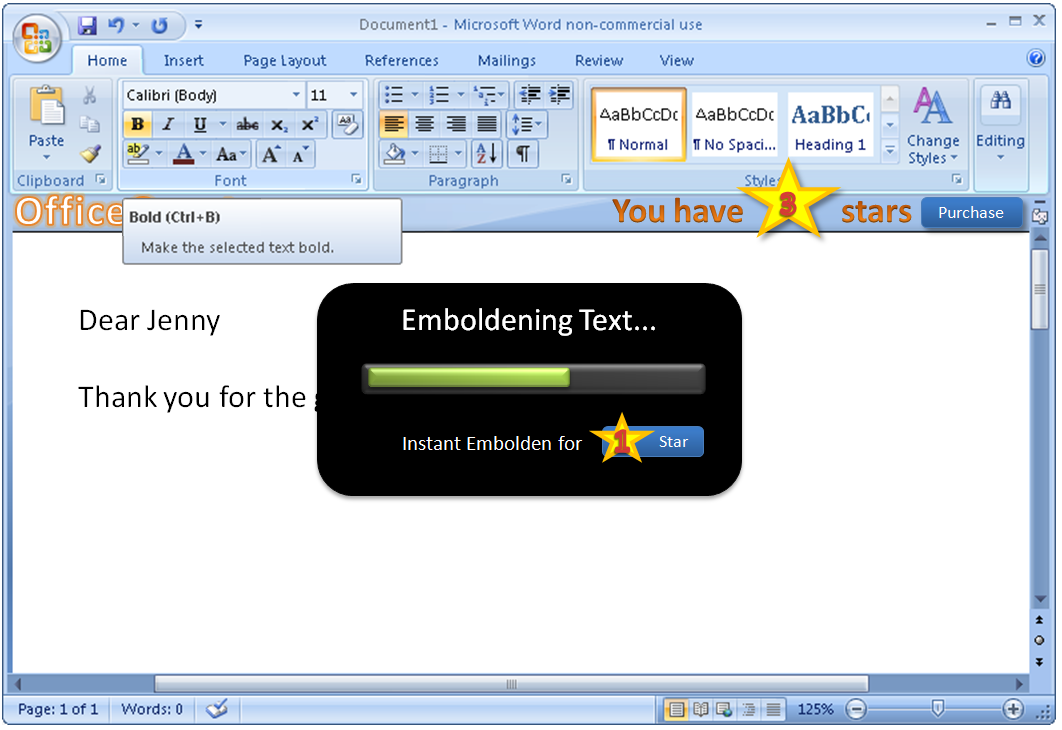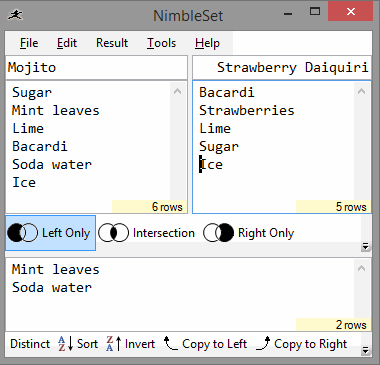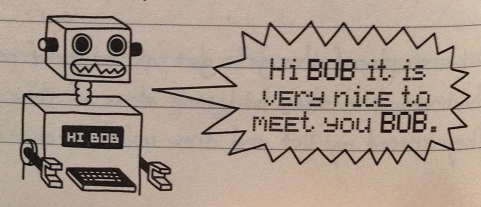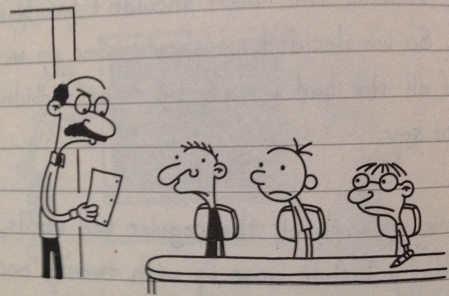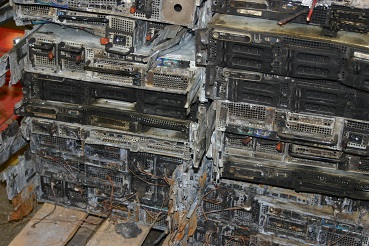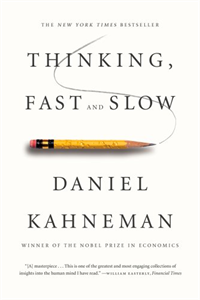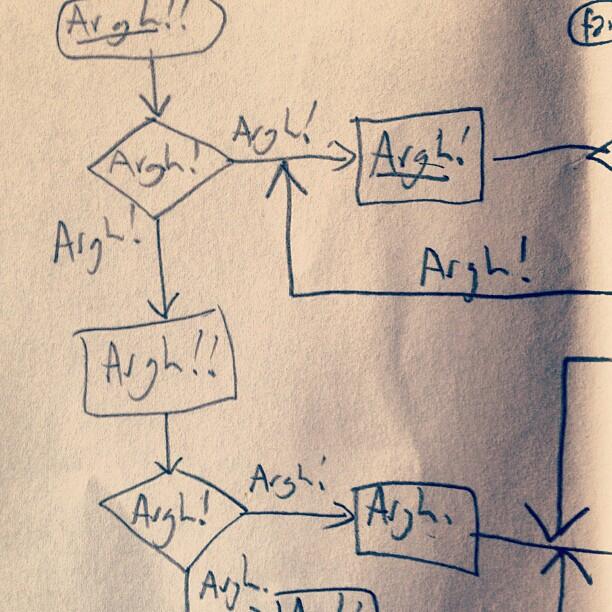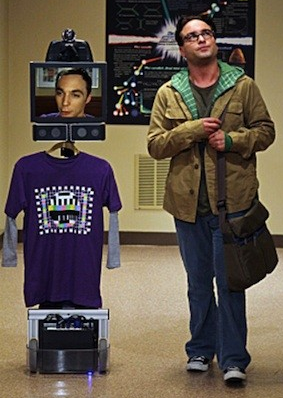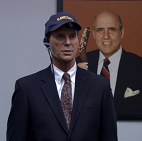I am truly beat! It's been a tough few days.
Dibbs—mon primo masseuse—sits on the floor in front of me, rubbing at my tired feet, while Carolyn, my sous masseuse, is working on my shoulders, trying to remove the knots. Cornish, the Somelier, is trying to find the perfect vintage to accompany the poached duck that Withers (my new Chef) is preparing for brunch. I try one, then the other. I'm not sure which is best. "Better buy both wineries," I say, and Cornish dashes off to make the arrangements.
My newly appointed personal DJ, the renowned "H-Dog", is fading out some Miles Davis, and fading in a little Acid Jazz. He's a quick learner, H-Dog, and knows from the slightest furrow of my brow exactly what sort of music will best suit my state of mind at any moment in time. A lesser DJ, for example, would've only played Sweet Child O Mine two times in a row. But H-Dog saw the smile on the corner of my lips, as I stepped out of the limousine this morning, and knew I needed to hear Sweet Child O Mine five times in a row, before switching straight over to Tangled Up in Blue followed by an hour of Led Zeppelin: Just The Guitar Solos.
Even up here on the penthouse floor, the glare from the ocean is striking my sunglasses at too oblique an angle: I might need to take the private jet back to Whistler for a little R&R amongst the snow-capped mountains.
I'm suddenly struck by a thought. Don't you hate it when a thought is like an itch: an itch deep inside your scalp. You feel your brain crawling; crawling and itching and thinking and thinking. You would do anything to kill the itching, crawling thought! I clap my hands and Karl, my recently acquired Master Of Knowledge Gathering, rushes into the room. "Orange!" I shout. "Orange. Is the color, Orange, named after the fruit, or is the fruit, Orange, named after the color?"
"Why Sir, I believe..."
"Zip it!" I shout. "I don't want to know what you believe. Do some research and make sure, then get back here with an answer." A good Master Of Knowledge Gathering is something everyone should have. One tires of doing all one's own GooglingTM.
And just think! Only a week ago I had to GoogleTM for myself! I lived in ordinary premises, I had no secondary masseuse, not even a primary masseuse. I had to choose my own music: like a chump! I was living like a chump! ME!? And why? What changed?
The littlest thing. I can hardly remember it now; what propelled me from mundanity to magnificence? It was before yesterday when I went shopping for luxury yachts. It was before the day before that when I test-drove the Zonda and told them I'd like something with a little more Oomph. It was before the day before that, when I purchased the nice little house and suburb for my mother to retire in.
Last Sunday: that was the day! I was sitting in my cramped little lifestyle, thinking cramped little thoughts, when suddenly the emails lit up green, as notifications began pouring in, one after the other, tripping over themselves in the race to fill up my inbox. "NimbleText purchase!", "NimbleText purchase!", "NimbleText purchase!" Ting! Ting! Ting! A non-stop stream of them. I jumped into the GoogleTM AnalyticsTM to see what was happening. Here was the cause of the whole thing:
"Scott Hanselman's 2014 Ultimate Developer and Power Users Tool List for Windows." Hundreds of pieces of software, catalogued and critiqued. And at the top is a section headed "The Top 10 Life Changing Pieces of Software that Absolutely Every Developer In The World MUST Install, No Questions Asked," or something like that. Number three on the list? My humble offering, NimbleText.
I guess this is how it feels for a book author when Oprah picks up their little tome as "Oprah book of the month". Or when Justin Bieber decides to retweet one of his belieber's, taking them from obscurity to immortality. Albeit a kind of temporary immortality. Hanselman being at once the Microsoft developer's nearest equivalent to Oprah Bieber.
And now, it's the darnedest thing. I can hardly remember what life was like before this. Did I have to waste my own energy deciding which helicopter to take? I couldn't afford people to do things for me at all? Who used to pour my cocktails? I don't even recall! In any case. I'm sure that life is better now.
If the little people are worried that the fame and fortune have gone to my head, they need not worry! NimbleText will still be getting charming features added. I'll make sure it can handle larger numbers, for example, now that my own bank balance requires such a feature.
I have to go now. I just had a reminder from Jeff Atwood. Tomorrow we're going to be driving full-sized remote-controlled Ferrari's off the edge of the Grand Canyon, for a giggle. Why I never discovered this hobby sooner is truly beyond me.
I guess, before I sign off, I should ask my newly appointed scribe to say a warm 'Thank you' to Scott. I am truly honoured!
